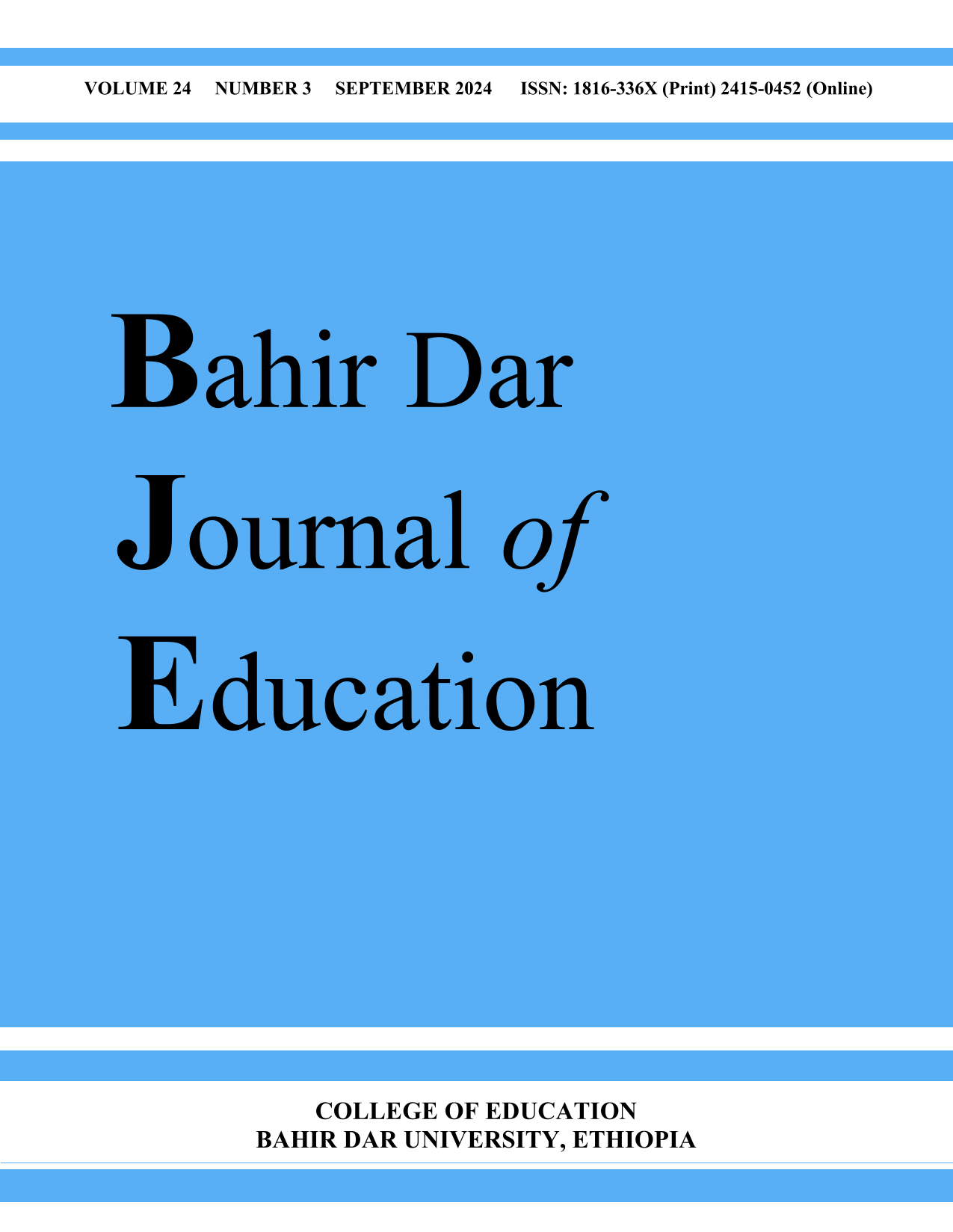Developmental assets and hedonic well-being among youths In the perspective of students’ characteristics
Abstract
This study examined the effect of gender and school types on
developmental assets and hedonic well-being, encompassing positive affect,
negative affect, and life satisfaction. The sample consisted of 614 randomly
selected students from private, public, rural, and urban secondary schools.
Data were collected using adapted items from life satisfaction, positive and
negative affect, and developmental asset profile scales. The analysis
employed Pearson correlation, two-way ANOVA, one-way ANCOVA, and
two-way MANOVA. The results indicated no significant correlation
between academic achievement and internal assets or life satisfaction.
However, the interaction and main effect of gender and school type on
internal asset experiences was significant. Additionally, the scores for
internal and external asset profile scores varied significantly as a function of
gender and private, public rural and public urban schools. The MANOVA
result further revealed significant differences in positive affect, negative
affect, and life satisfaction concerning gender and school type. It is
concluded that students in the rural context have significantly better
experience of internal and external asset profiles than students in private
and public urban schools. This suggests the need for a thorough
investigation of Context-based assets of rural areas, and their adaptation for
application in urban settings.
Copyright (c) 2024 Meseret Ayalew Dejenie, Dawit Asrat Getahun, Amare Sahle Abebe

This work is licensed under a Creative Commons Attribution 4.0 International License.
Authors who publish with this journal agree to the following terms:
- Authors retain copyright and grant the journal right of first publication with the work simultaneously licensed under a Creative Commons Attribution License that allows others to share the work with an acknowledgement of the work's authorship and initial publication in this journal.
- Authors are able to enter into separate, additional contractual arrangements for the non-exclusive distribution of the journal's published version of the work (e.g., post it to an institutional repository or publish it in a book), with an acknowledgement of its initial publication in this journal.
- Authors are permitted and encouraged to post their work online (e.g., in institutional repositories or on their website) prior to and during the submission process, as it can lead to productive exchanges, as well as earlier and greater citation of published work (See The Effect of Open Access).

